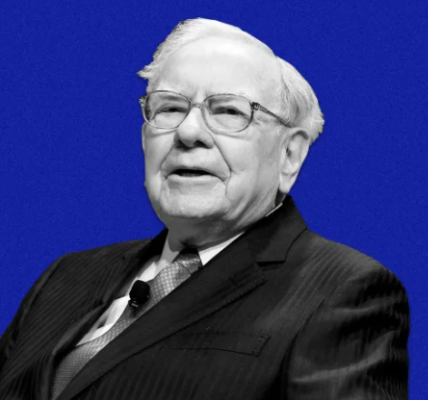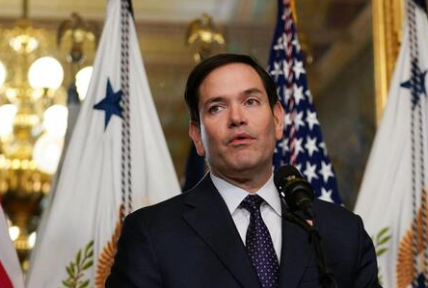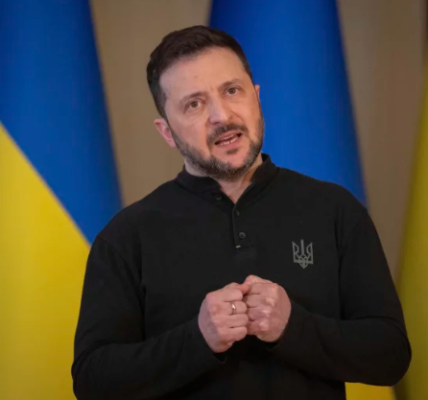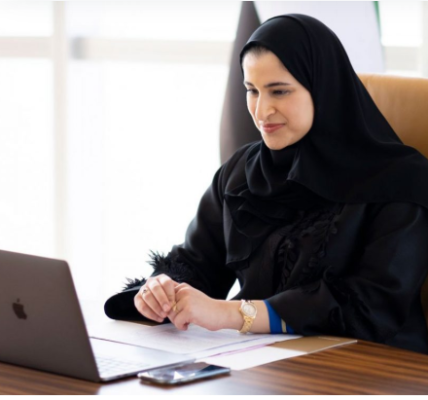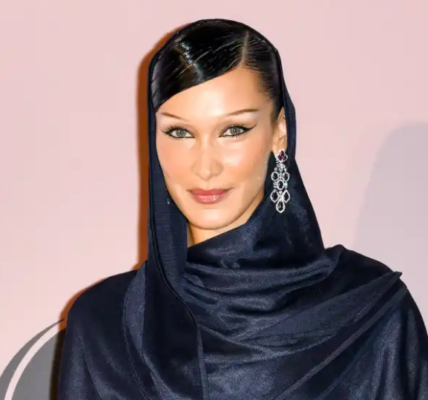The Life and Legacy of Uhuru Kenyatta

Introduction
Uhuru Muigai Kenyatta is a Kenyan politician, businessman, and former President of Kenya (2013-2022). As the son of Jomo Kenyatta, the country’s founding president, he grew up in a politically influential family. His journey from business to politics saw him rise through key government roles, including Deputy Prime Minister and Minister of Finance, before ascending to the presidency. His tenure was defined by major infrastructure projects, economic reforms, and political challenges. This biography delves into his early life, leadership, and impact on Kenya’s future.
Early Life and Education
Uhuru Muigai Kenyatta was born on October 26, 1961, in Nairobi, Kenya. He is the son of Jomo Kenyatta, Kenya’s first President, and Mama Ngina Kenyatta. Raised in a politically influential family, he attended St. Mary’s School in Nairobi, where he was known by the nickname “Uhuru,” meaning “freedom” in Swahili. He later pursued higher education in the United States at Amherst College in Massachusetts, where he studied economics and political science.
Business and Political Career
Upon returning to Kenya, Uhuru ventured into business, particularly in the agriculture and real estate sectors. His family controls vast business interests, including Brookside Dairy, Heritage Hotels, and NCBA Bank.
His political career began in the 1990s when President Daniel arap Moi appointed him as the Chairman of the Kenya Tourism Board (KTB). In 1997, he made his first electoral attempt by contesting for the Gatundu South parliamentary seat but lost.
In 1999, he was appointed to the cabinet as Minister for Tourism and Trade, and in 2001, he became a nominated Member of Parliament (MP). Moi later endorsed him as his preferred successor, leading to his 2002 presidential bid under the ruling Kenya African National Union (KANU). He lost to Mwai Kibaki but became the Leader of the Opposition.
Uhuru later joined Kibaki’s administration and served as Deputy Prime Minister (2009-2013) and Minister of Finance (2009-2012).
Presidency (2013-2022)
Uhuru Kenyatta was elected as Kenya’s 4th President in March 2013 under the Jubilee Alliance with his deputy William Ruto. He was re-elected in 2017, though his victory was annulled by the Supreme Court, leading to a fresh election in October 2017, which he won.
During his presidency, he focused on the Big Four Agenda, which prioritized:
- Manufacturing
- Affordable Housing
- Universal Healthcare
- Food Security
His administration also oversaw major infrastructure projects, including the Standard Gauge Railway (SGR) and expansion of roads and ports. However, his tenure faced challenges such as corruption scandals, public debt concerns, and political tensions, particularly with his deputy, William Ruto.
Post-Presidency and Legacy
After leaving office in 2022, Uhuru remained involved in politics and regional diplomacy. He played a key role in peace efforts in the Democratic Republic of Congo (DRC) and Ethiopia.
His legacy is mixed—credited for infrastructure growth and economic expansion but criticized for high debt levels and corruption issues.
Personal Life
Uhuru Kenyatta is married to Margaret Kenyatta, and they have three children. He is known for his love of technology, music, and social media engagement.

